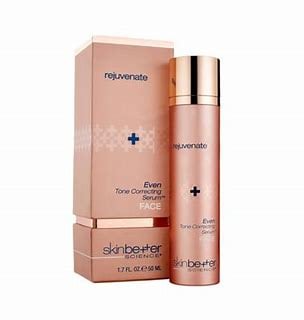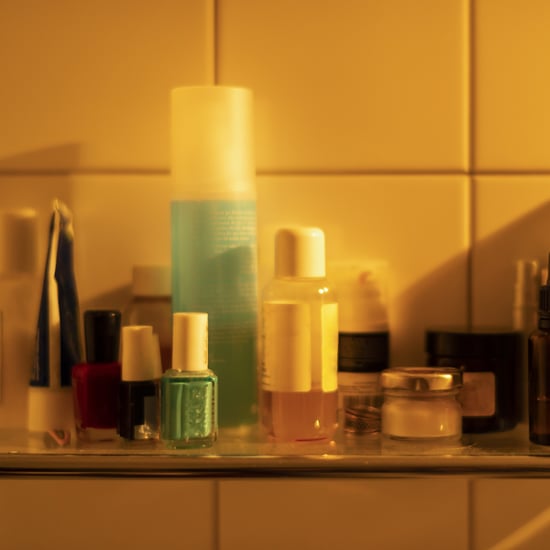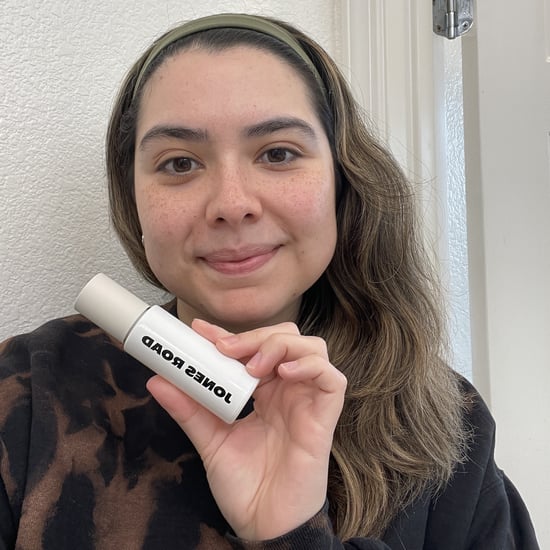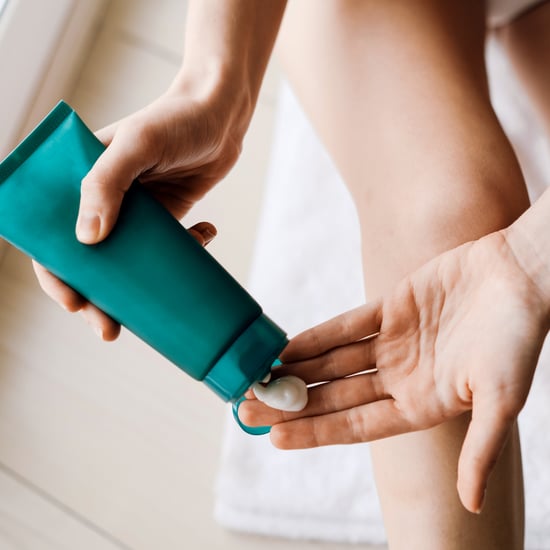Hyperpigmentation Treatments & Products For Dark Skin Tones
Top Skin Experts Explain How to Treat Hyperpigmentation on Dark Skin Tones
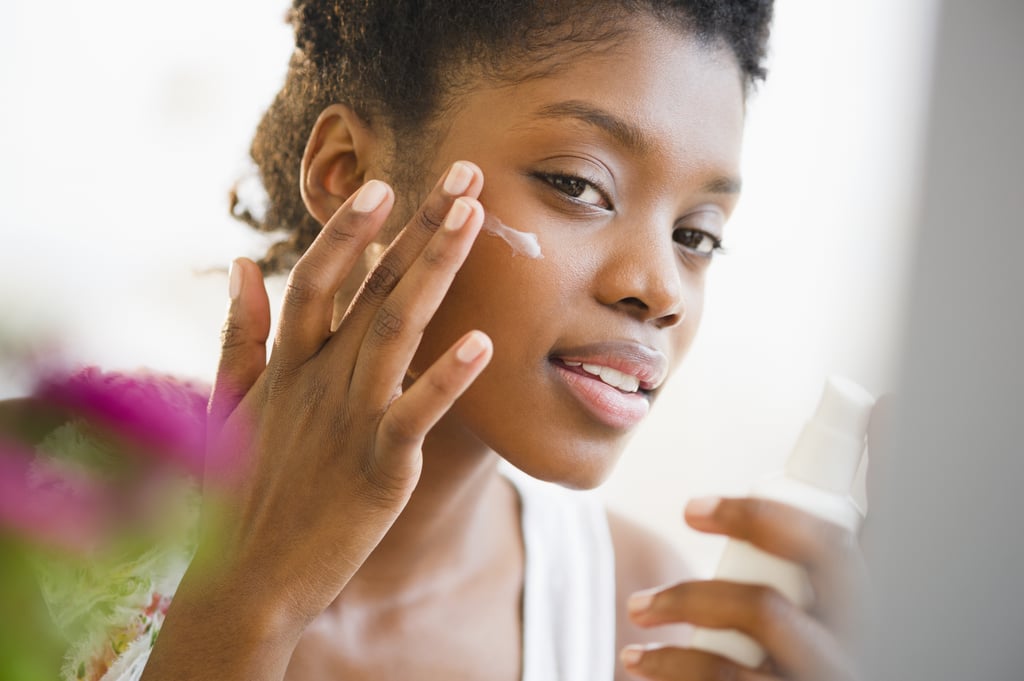
Whilst a pressing skin concern for many may be wrinkles or redness, for many people of colour, the focus is strongly around understanding how to treat hyperpigmentation (dark marks) and scarring on the skin. Instead of reaching for the first dark spot corrector or fade cream, we have asked Dr Ewoma Ukeleghe, medical and cosmetic doctor and founder of the Skndoctor treatment clinic in London, and Dija Ayodele, aesthetician and CEO at Westroom Aesthetics, to share their knowledge and expertise on how to effectively treat and reduce hyperpigmentation on Black and brown skin.
First Off, What Is Hyperpigmentation?
The term "hyperpigmentation" is a broad term that refers to when patches of skin appear darker than the normal surrounding complexion, i.e. skin discolouration. "Hyperpigmentation has many origins, from sun exposure and aggressive skin practises and medications, to post-inflammation that occurs as a result of acne, breakouts, cuts, or wounds," says Ayodele (the latter is referred to as "post-inflammatory hyperpigmentation"). "Hyperpigmentation itself is not a skin condition, but something that is the result or outcome of either a skin condition or external damage," Ayodele adds.
On a microscopic level, hyperpigmentation is caused when skin cells are damaged, the most common cause of which is UV damage from the sun. As Dr Ukeleghe explains, when the skin is exposed to UVA and UVB, the rays penetrate through the outer layers of the skin (epidermis) and pass into the deeper levels (the dermis). Not only do UV rays kill vital skin cells, but with increased sun exposure, the melanocyte cells — which reside in the base layer of our epidermis — also produce extra melanin as a defence mechanism to protect and shield the skin from further damage.
Over time (and with continued sun exposure), the excess melanin gets irregularly distributed throughout the epidermis, causing the appearance of darker patches on the skin's surface. Additionally, bad breakouts, rashes, eczema flare-ups, and cuts could also be to blame for hyperpigmentation, as these different skin issues all cause trauma to the skin, resulting in the same processes as described above: the melanocyte cells go into overdrive and create too much melanin, which then leads to dark patches or scarring.
The Best Way to Treat Hyperpigmentation on Dark Skin
While there are many products on the market when it comes to improving the appearance of hyperpigmentation, seeking a specialist's advice initially is highly recommended as to not worsen the case. "I always start by taking a full history of [the patient's] skin journey and physically examine the skin," says Dr Ukeleghe. "From both of those things, I'll be able to determine the cause of the pigmentation (for example, is it post-inflammatory hyperpigmentation or not) and the gravity of the pigmentation. Depending on the severity, I'll then tailor my treatment plan accordingly. This can range from a recommendation of high-street brightening agents to medium-depth chemical peels".
Another reason to see a pro? Treating hyperpigmentation is a case-by-case scenario, as there are many factors to consider, including what has caused the hyperpigmentation and where the patches are in the skin. "The location of hyperpigmentation can make all the difference when treating it," explains Ayodele, explaining that it is important to clarify the difference between epidermal hyperpigmentation and dermal hyperpigmentation before deciding on a treatment plan. "When the pigmentation is sat in the upper layers of the skin (epidermal hyperpigmentation), it is much more transient and therefore slightly easier to tackle. Yet if [the hyperpigmentation] is more dermal, meaning in the second layer of the skin, that can be more of a challenge to treat".
Depending on the cause (acne, UV exposure, wound, etc), epidermal hyperpigmentation is simpler to reduce. Experts recommend initiating chemical peels and starting a robust skincare routine that includes the right active ingredients. "First and foremost, we want to find out if the client has a solid skincare routine — one that includes exfoliating agents such as glycolic, lactic, or salicylic acids, ingredients that help with cell renewal such as vitamin A, as well as ingredients like niacinamide, liquorice root extract, alpha arbutin, or hydroquinone, that will also help to quell excess pigmentation as well as fade it".
In regard to at-home treatments, a skincare routine that contains efficacious, expert-recommended products will help the overall process. For products readily available on the high street, Dr Ukeleghe recommends Skin Proud Bright Boost, Dr Dennis Gross Alpha Beta Peel, Neostrata Enlighten Pigment Controller, and La Roche Posay C10 Serum. Similarly, Ayodele swears by "technologically advanced, science-driven products where the results speak for themselves. In my clinic, we use the Skin Better and Neostrata ranges, as well as cosmetics that will help to conceal the pigmentation as you go through your treatment".
For dermal hyperpigmentation (discolouration on the secondary and deeper layers of the skin), Ayodele advises that "at this point, it is about making the skin appear better rather than diminishing it completely. In-office procedures such as lasers and microneedling are effective treatments; microneedling gets collagen regenerating at a deeper level and helps to breakdown pigmentation clumping".
How to Avoid Hyperpigmentation In the Future
"Excessive sun exposure and lack of SPF coverage can also make matters worse, so applying SPF on daily basis in your routine is vital," says Dr Ukeleghe. On Black skin, the overproduction of melanin then comes through as dark marks or sunspots that can then present themselves where the skin has been exposed – the face, neck, chest and hands. Therefore, it's vital to remember that SPF should be worn daily regardless of skin tone or whether the sun is present.
One very important thing to remember is that hyperpigmentation can't be cured overnight, and that there aren't any quick fixes that will magically eradicate dark marks. Improvement and reduction of hyperpigmentation is done with a long-term agenda in mind. "Hyperpigmentation is a process and not a sprint, for darker skin," adds Ayodele. "We have a greater inflammatory pathway and therefore hyperpigmentation can come and go."
Keep reading to shop some of Dr Ukeleghe and Ayodele's favourite other-the-counter products to treat hyperpigmentation on dark skin tones.
NeoStrata Pigment Controller
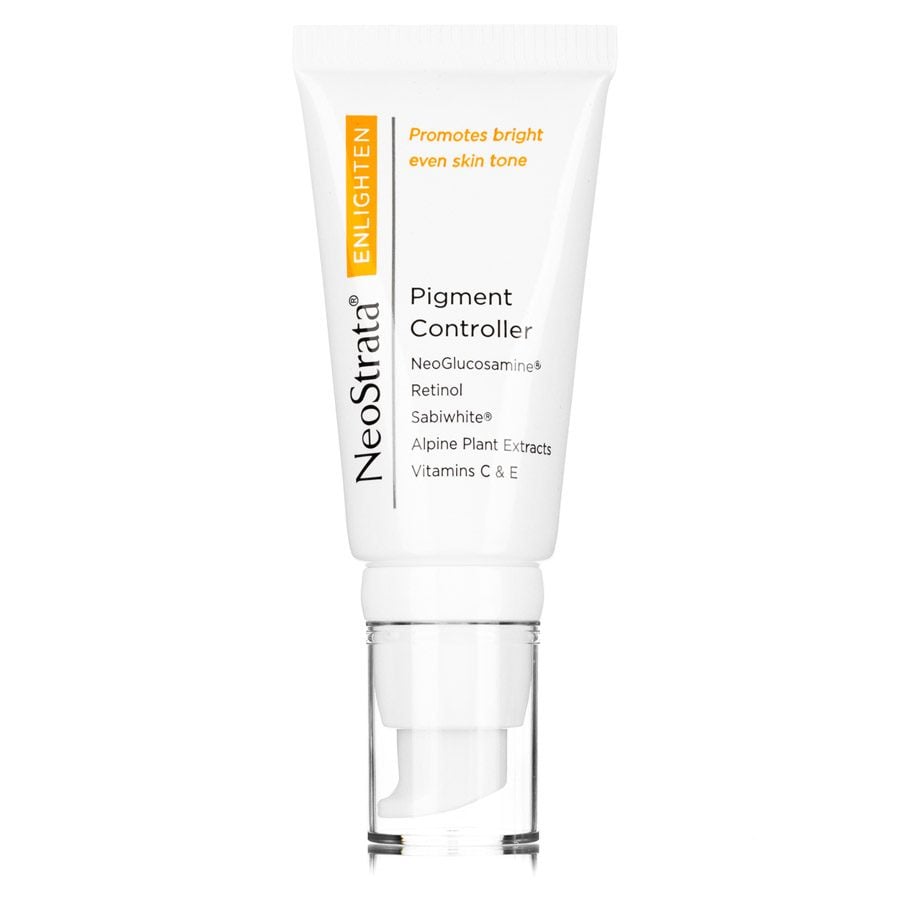
Dr Dennis Gross Alpha Beta Universal Daily Peel
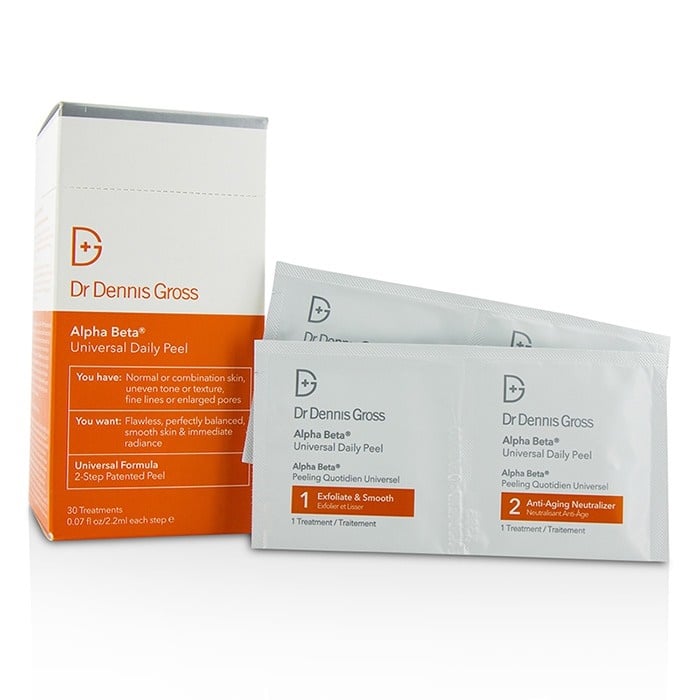
Skin Proud Bright Boost 2% Vitamin C Multi Vitamin Serum
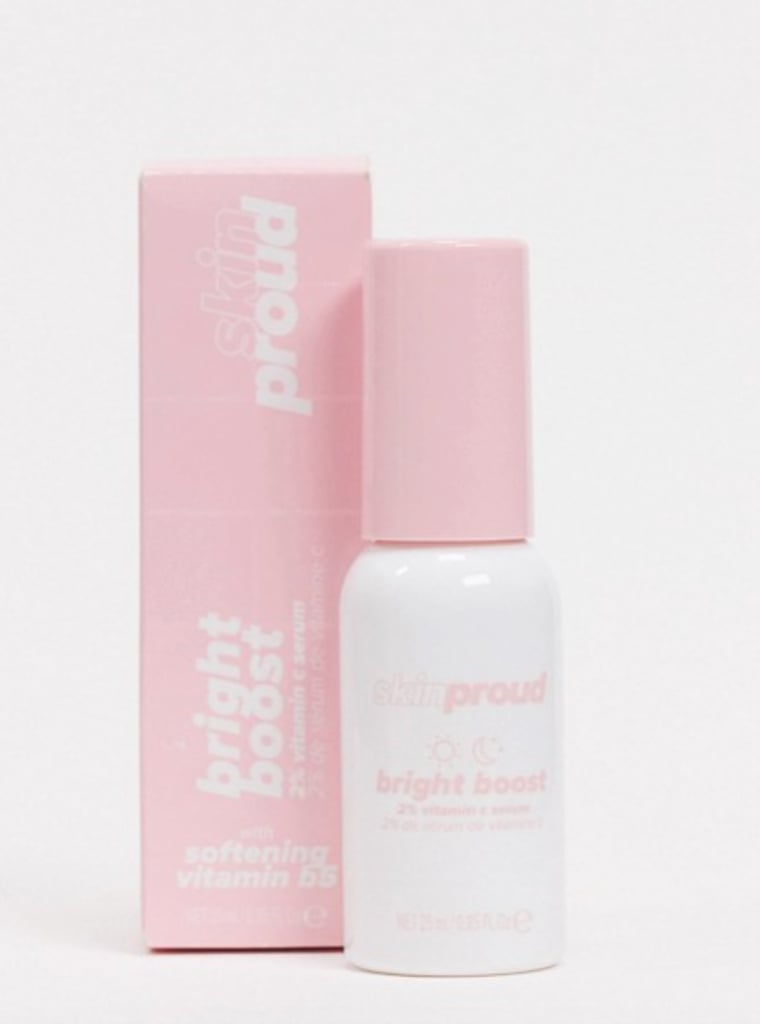
La Roche Posay Pure Vitamin C10 Serum
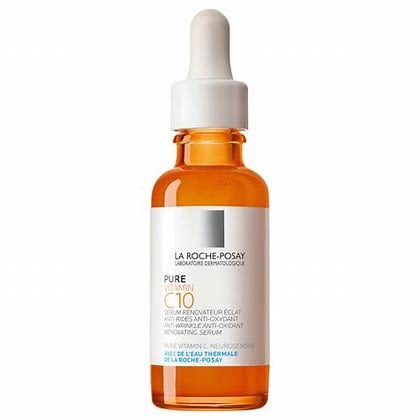
Skin Better Rejuvenate Even Tone Correcting Serum
